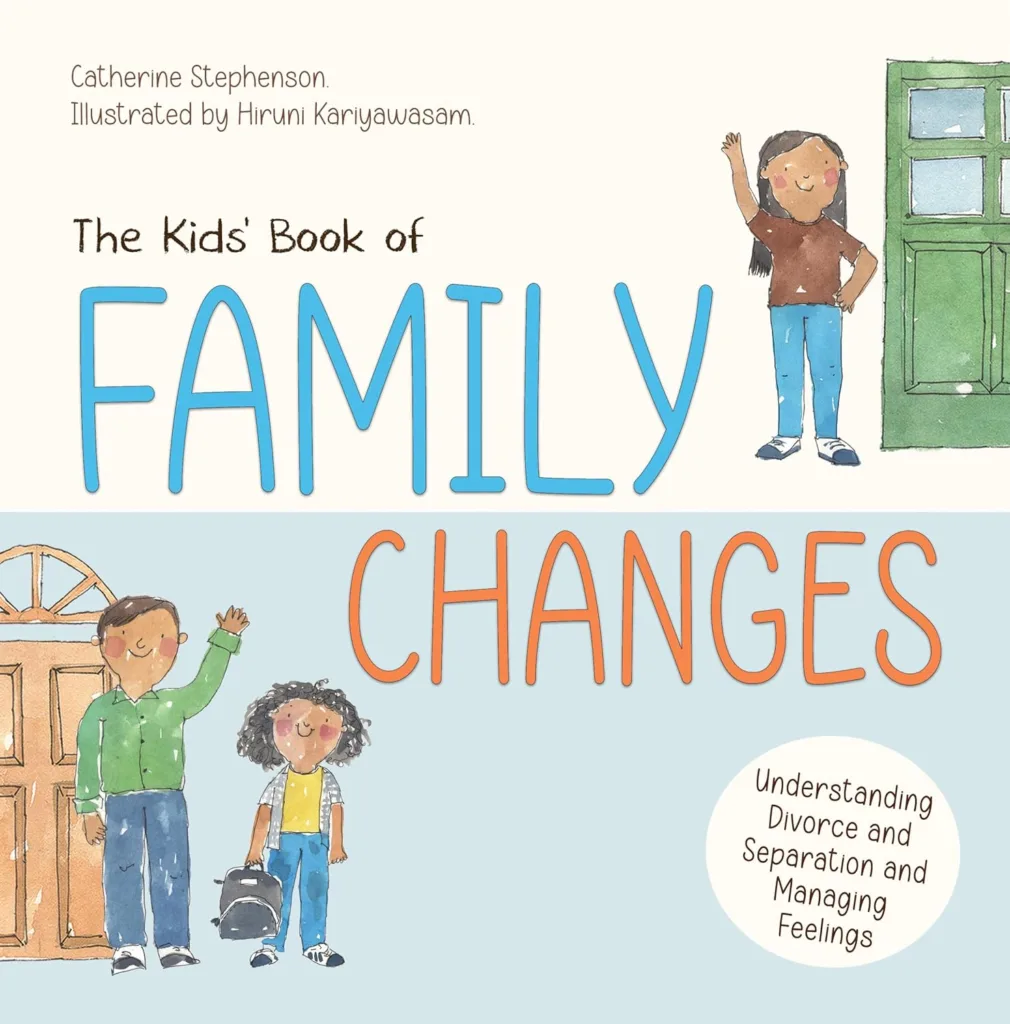In today’s society, the dynamics of family structures are continually evolving. Divorce, a common occurrence, can significantly impact the emotional and psychological well-being of children. Addressing these changes openly and sensitively is crucial for fostering resilience and understanding in young minds. This article delves into how literature, specifically children’s books, can play a pivotal role in helping children navigate the complexities of divorce.
Understanding the Impact of Divorce on Children
Emotional and Psychological Effects
Divorce can trigger a myriad of emotions in children, including confusion, sadness, anger, and anxiety. These feelings, if not properly addressed, can lead to long-term emotional and behavioral issues. Children might feel torn between parents, blame themselves for the separation, or struggle with feelings of abandonment. Understanding these potential impacts is the first step toward mitigating their effects.
The Need for Proper Communication
Open communication is vital in helping children understand and cope with divorce. Honest conversations, tailored to the child’s age and maturity level, can alleviate fears and misconceptions. It’s essential to provide children with reassurance, stability, and the opportunity to express their feelings openly.
The Role of Literature in Helping Children Cope
How Books Can Facilitate Understanding and Healing
Children’s literature can be a powerful tool in explaining complex emotions and situations like divorce. Stories can provide relatable characters and scenarios, helping children feel less isolated in their experiences. Through reading, children can find comfort and gain insights into their own emotions and the changes occurring around them.
Benefits of Using Children’s Books to Discuss Divorce
Books can serve as a gentle introduction to difficult conversations. They can help parents and educators approach the topic of divorce in a structured and sensitive manner. Furthermore, literature can offer children a sense of normalcy and understanding, showing them that their feelings are valid and shared by others.
Highlighting “The Kids’ Book of Family Changes“
“The Kids’ Book of Family Changes” is a thoughtfully crafted resource designed to support children through the transition of divorce. Written with empathy and clarity, the book addresses the various emotional and practical aspects of family changes, providing children with the tools they need to understand and cope with their new reality.
Key Themes and Messages
The book covers essential themes such as the permanence of parental love, the importance of expressing emotions, and the reassurance that children are not to blame for the divorce. It also explores practical aspects like moving between homes and adjusting to new routines, making it a comprehensive guide for young readers.
Why “The Kids’ Book of Family Changes” Stands Out
Unique Features and Approaches
What sets “The Kids’ Book of Family Changes” apart is its approachable yet thorough treatment of a sensitive topic. The book uses engaging illustrations and simple language to convey complex ideas. It also includes activities and discussion prompts to encourage interaction and reflection, making it an invaluable tool for both parents and educators.
Testimonials and Reviews
Parents and educators alike have praised the book for its sensitivity and effectiveness. Testimonials highlight how the book has helped children articulate their feelings and facilitated meaningful conversations. Reviews commend the book for its practical advice and the comfort it provides to young readers during challenging times.
Practical Tips for Parents and Educators
How to Use the Book Effectively
To maximize the benefits of “The Kids’ Book of Family Changes,” parents and educators should read the book alongside the child, pausing to discuss and reflect on the content. Encouraging children to ask questions and express their thoughts can deepen their understanding and emotional processing.
Conversation Starters and Activities
The book includes several conversation starters and activities designed to help children articulate their feelings and experiences. Simple prompts like “How do you feel about the changes in your family?” or “What do you miss about the old routine?” can open up valuable discussions. Activities such as drawing their feelings or creating a family change calendar can also be beneficial.
Encouraging Open Discussions About Family Changes helps addressing family changes such as divorce openly and empathetically is crucial for a child’s emotional well-being. “The Kids’ Book of Family Changes” provides an excellent resource for facilitating these important conversations.
The Importance of Continued Support and Resources
Parents and educators should continue to seek out supportive resources and maintain open lines of communication. By doing so, they can help children navigate the complexities of family changes with resilience and understanding, fostering a healthier emotional future.



